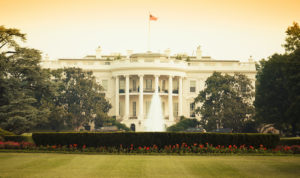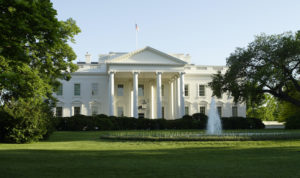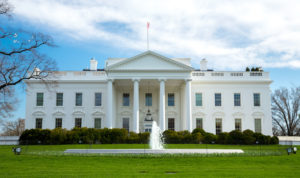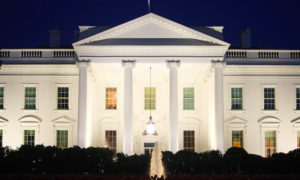Oh, When the Feds Go Marching-In
Marching-in could allow federal government to commercialize inventions, but at the expense of patent rights.
Regulatory Reset
The Biden memorandum signals continuity in some areas of regulatory practice and dramatic shifts in others.
Flipping the Mission of Regulatory Review
President Biden’s memo could transform the mission of regulatory review by expanding OIRA’s role.
Rejecting the Trump Anticanon of Regulatory Mismanagement
The Biden memo on improving regulatory review reintroduces competent, bipartisan cost-benefit analysis.
A New Era for Regulatory Review
President Biden’s memorandum modernizing regulatory review addresses three key failings in the review process.
Regulatory Review, Biden Style
Agency experts—not OIRA—must take the lead in regulatory decision-making under the Biden Administration.
Regulatory Analysis Needs to Catch Up on Distribution
Regulators should go beyond cost-benefit analysis and evaluate the distributional impacts of regulations.
Time to Solve the Information Problem
A private fairness doctrine could induce more accurate media by dismantling the political information bubble.
Putting the Fizz Back Into Bureaucratic Justice
In a recent book, Cass Sunstein and Adrian Vermeule defend the administrative state against political threats and growing distrust.
When Courts Play God, Whose Religion Matters?
A religious freedom law invoked by conservative groups may also protect progressive causes.
Recognizing the Losers in Benefit-Cost Analysis
Policymakers should consider direct compensation for people who regulations negatively affect.
The Future of the Abortion Pill
FDA’s regulation of medication abortion must be guided by science, not politics.












